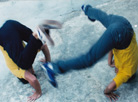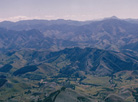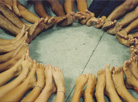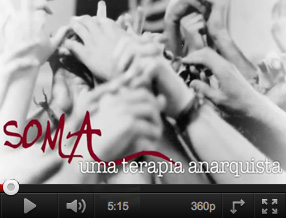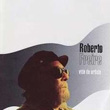Here you can find the covers and summaries of Roberto Freire’s most important books. Most of his books are currently out of print, waiting for new editions. However, it’s possible to find his books in stores specializing in used books, libraries and some titles are still available at big bookstores.
Here you can also find some of João da Mata’s titles on Soma and other related topics. It’s possible to purchase them on this website. To get these books send an e-mail to João da Mata. You will receive an answer about our purchase procedures.
